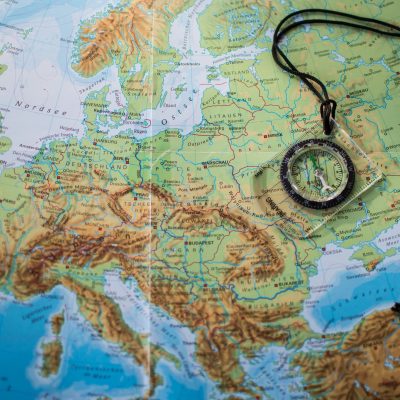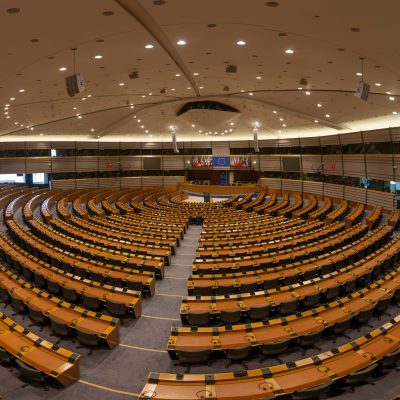Strengthening the European Union’s credibility in the Western Balkans
7 priorities for a European strategic narrative

Over twenty years after pledging full membership to the Western Balkan countries, the European Union has yet to fulfil that promise.
The slow pace of the process, former European Commission President Jean-Claude Juncker’s refusal to consider new accessions during his 2014–2019 mandate, and repeated vetoes by several Member States have all fueled profound disillusionment among aspiring members. This disillusionment has resulted in a loss of trust, exploited both by local political elites — thereby undermining reform efforts — and by rival powers eager to erode the EU’s credibility and influence in the region.
With the prospect of accession endlessly delayed, doubts over the sincerity of the EU’s commitment have taken root in the region. This has undermined not only the transformative power of enlargement, but the EU’s geopolitical actions as a whole. How can the EU claim to defend its values and interests on the international stage if it cannot do so in its immediate neighbourhood, through its enlargement policy?
Yet Ukraine’s candidacy following the 2022 Russian invasion, soon joined by Georgia and Moldova, has reaffirmed the EU’s appeal and its protective role, and put enlargement back at the heart of its geopolitical ambition.
In today’s context of shifting global power balances, and with a new Trump administration weakening the transatlantic alliance — thereby threatening the EU’s very survival —, the EU must strengthen its message and match its ambition in the Western Balkans with a strategic narrative.




